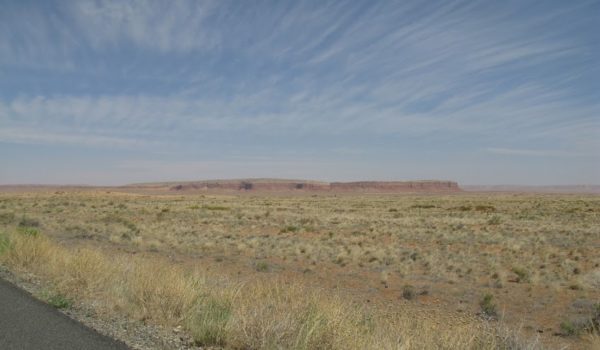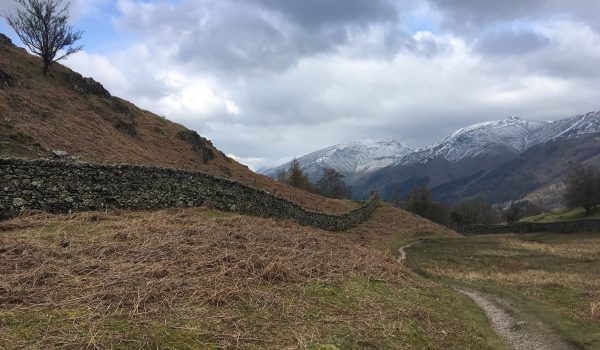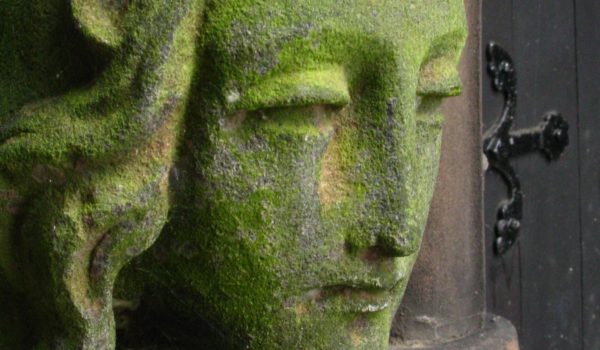In England public footpaths designate a legally protected right of way across private lands.
Memory, Recall, and Significance
We live our life in the moment; we create our narrative upon reflection.
Techonological Fundamentalism
The Danger of Thoughtlessness “This inability to think created the possibility for many ordinary men to commit evil deeds on a gigantic scale, the like of which had never been seen before. The manifestation of the wind of thought is not knowledge but the ability to tell right from wrong, beautiful from ugly. And I hope that thinking gives people the strength to prevent catastrophes in these rare moments when
UXG+: Unpaid Laborer

Every time the Google+ team makes a change, an impassioned response swells from a small group of us users followed by an equally predictable roll-of-the-eyes from another group calling us people who care a bunch of whiners who can’t deal with change. To add insult to injury, we are then reminded that this service is free, we don’t have to be here, and our masters Google owes us nothing. Translation: So SHUT
Social Networks: On Sharing
Giving is not about the benefit to you but about the benefit to your recipient. The trick is to change the focus from yourself to your audience.
Southwest USA

2012-06-22. We drove almost deserted roads between Mancos and Las Vegas. Stopped at Four Corners to do the tourist shot: straddling the boundaries of four states at once. We were on 564 from Four Corners and then turned off on 98 to Page and then into Utah and 89 to Kanab. A very circuitous route which is now a blur in memory. At Kayenta, deep in Navajo country, we ate
I Can’t Know What You Want
What fascinates me about Japanese is how certain forms that would merely be politely evasive in English are built into Japanese grammar. For example, when I speak of desire, I use different words when speaking of my own desires in contrast to a third party’s desires. I can know about my own emotional state but I can only guess what other people are feeling. ~garu In English, I want a
By Human Measure
里 “The ri 「里」, the old Japanese measure of distance, has disappeared entirely from road signs and maps, and within ten years it will vanished from the language. One ri , say the conversion tables, equaled 3.927 kilometers, but that is nearly irrelevant. One ri ―as I came to know in practice―was the distance that a man with a burden would aim to cover in an hour on mountain roads.



